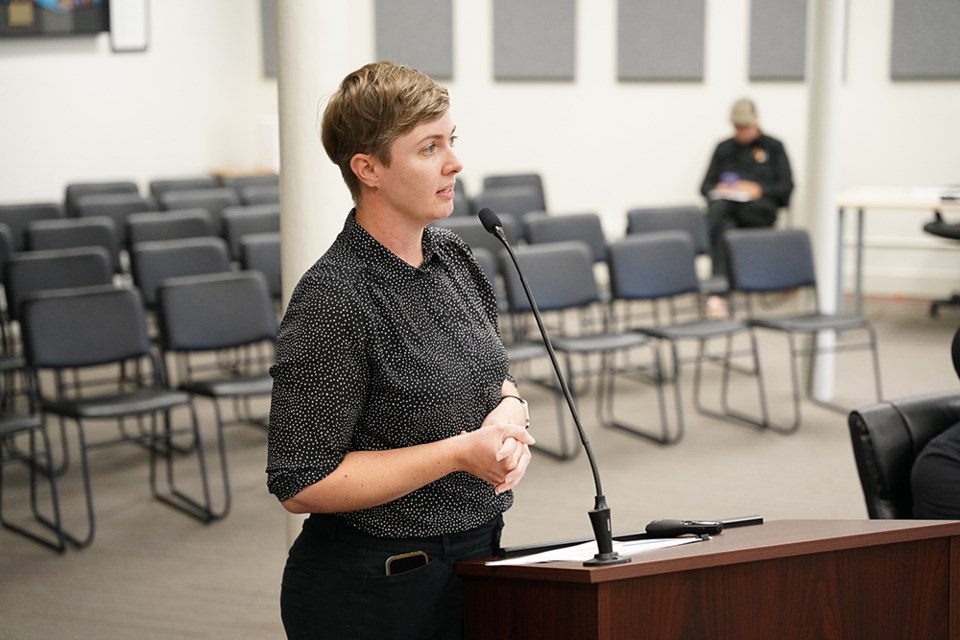City of Powell River will apply to the federal housing accelerator fund, which is intended to help local governments make land use planning and development approval improvements.
At the July 11 committee of the whole meeting, city manager of planning services Daniella Fergusson outlined the fund program, with the application window closing on August 18.
According to a staff report from Fergusson, the goal is to improve internal systems that would support increased volumes of approvals for new homes that are affordable, sustainable and close to shops, services and transit.
Fergusson, at the meeting, said the program is administered by the Canada Housing and Mortgage Corporation. She said she was hoping councillors would have a discussion about how big a grant application it would make. She added that the grant is results-based funding to encourage the right kind of housing in the right locations.
“The goal is that municipalities commit to actions that are achievable in four years,” said Fergusson. “The grant is evaluated based on seven initiatives.”
Fergusson said the city has its own definition of affordable housing from the housing implementation plan, and it’s housing that’s affordable to very low income, low income and moderate income households.
“There’s a couple of ways municipalities can achieve more housing supply,” said Fergusson. “There are things to increase supply itself and then there’s things to increase the speed of bringing supply online.
“Increasing supply overall is just allowing more homes. We have a finite amount of land. If we increase the allowable density on that land we have more homes. We can also increase the supply of land, so the city can contribute city land, and that increases supply. Financial incentives can change the mix of that supply so we can incentivize affordable housing or have density bonuses to change that mix.”
Fergusson said speeding up supply would involve improving internal processes, such as e-permitting and streamlining approval processes to help people get their building or development permits faster.
If council approves an application for the grant, information would be required about historical development trends in Powell River, what that looks like in the future and what kind of impacts the grant application could have on changing the trends to a more positive direction, according to Ferguson.
With business as usual, 229 housing units could be expected to be built from 2023 to 2026, said Fergusson. The city’s housing needs assessment indicates that 770 are needed in the same period, she added.
Staff ran some scenarios about what kind of funding the city might be eligible for through the federal grant. Money is allocated on a commitment to deliver additional housing beyond business as usual, said Fergusson.
A minimum commitment would result in potential funding of $1 million if Powell River was a selected community. If the city wanted to achieve its housing targets and be bold, committing to 770 units of housing by 2026, which is 541 more units than business as usual, the city could be eligible for $16.6 million.
Councillor George Doubt said it is possible to use some of the funding for fire halls and he’d like to suggest the city put in a line about the fact that the city needs a replacement main fire hall.
Councillor and committee of the whole chair Trina Isakson said in hearing council speak over time in meetings, housing is an issue for which councillors have a lot of drive and would be willing to strive towards.
“I like the idea of going full tilt,” said Isakson.
Doubt made a motion that staff be directed to complete a housing accelerator fund application.
Isakson asked if Doubt meant the option for 541 more housing units, for a grant application of $16.6 million, to which Doubt agreed.
The motion passed unanimously.



